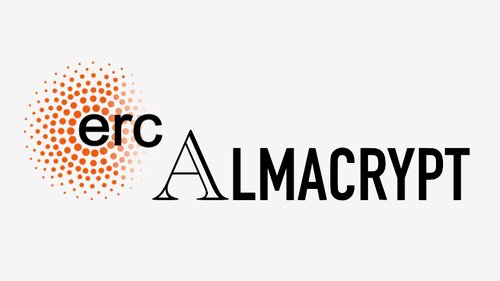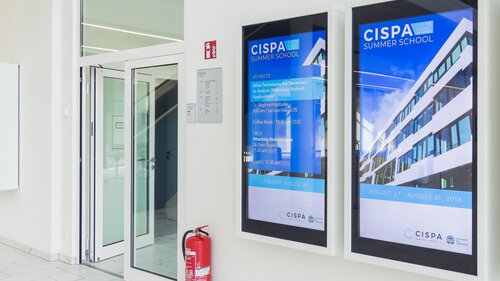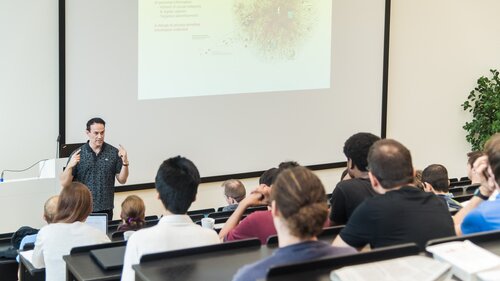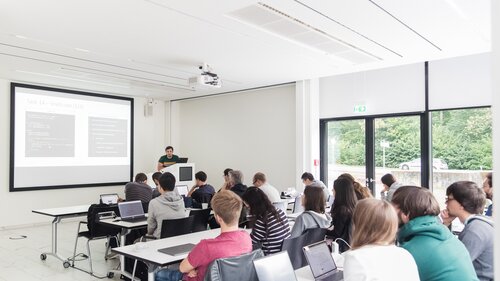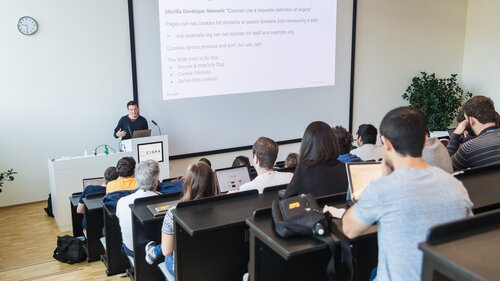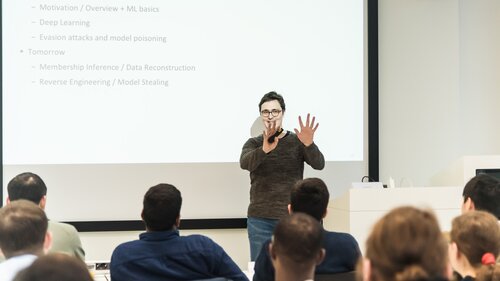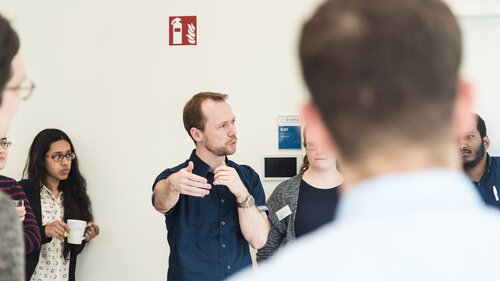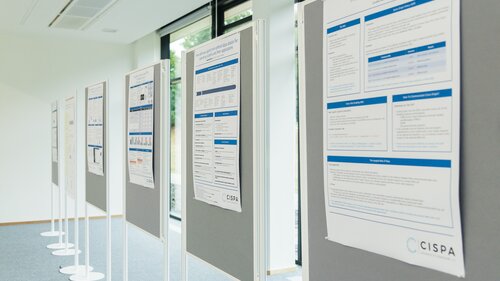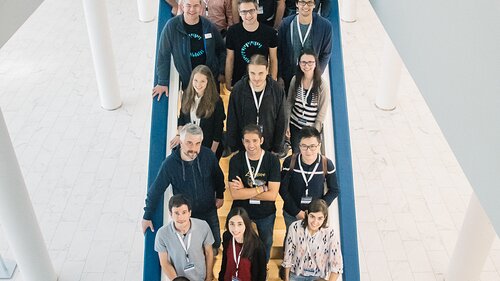Application Deadline: August 19, 2020
Registration closed
REGISTRATION
There are 2 options to participate.
- If you do not want a certificate of attendance, please register stating your name, affiliation, and e-mail address. Shortly before the event, we will send you the link to our Summer School.
- If you would like a certificate of attendance, please register stating some additional information and uploading your CV. At the end of each day, you will take a short quiz. If you pass all 5 quizzes, we will issue a certificate of attendance for the event.
Registration Deadline: August 30, 2021, at noon (CEST)
Questions? Contact our summer-school team at summer-school@cispa.de
